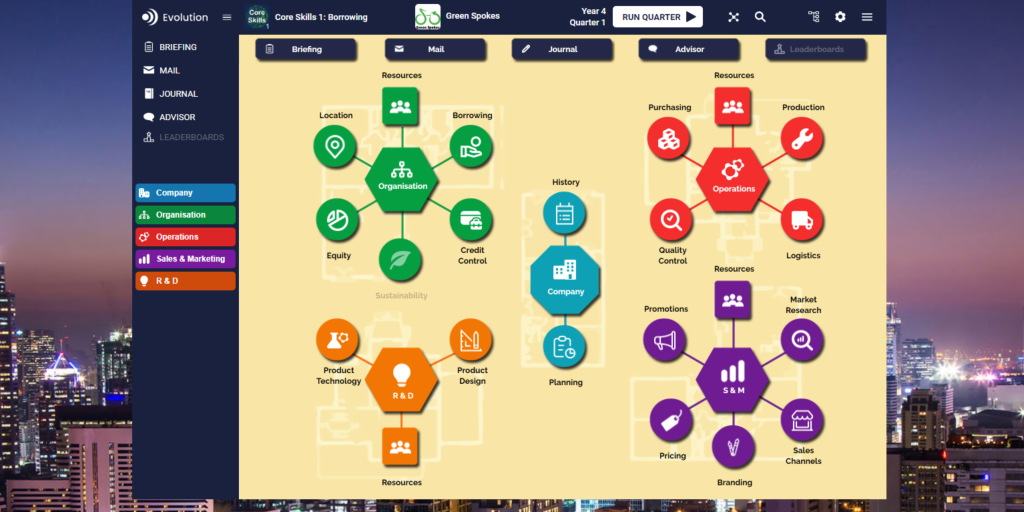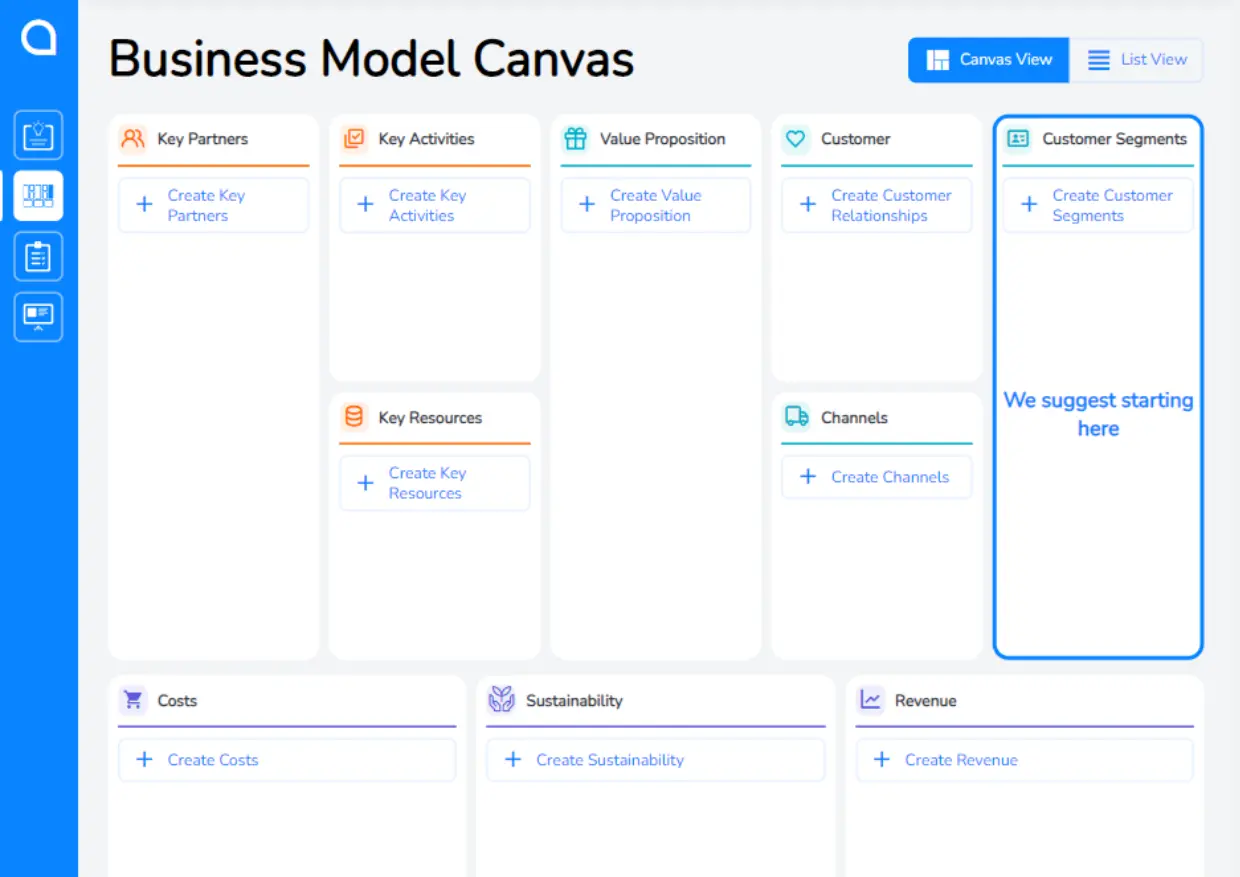Cultivating entrepreneurship skills in non-business courses: A guide for university educators

Developing enterprise and entrepreneurship skills in university students and graduates has become a major focus for many higher education institutions around the world. Thanks to the quick and everchanging world of work, the 3 Es (Employability, Enterprise and Entrepreneurship) have become a staple phrase in university strategies for a good reason.
With 26% of students surveyed by Cibyl in 2013 agreeing with the statement, ‘I am thinking about founding my own start-up during or straight after my studies’, Entrepreneurship is continuing to be an increasingly desirable career pathway for university graduates.
Not only are more graduates wanting to follow the path of entrepreneurship, but in today’s fast-paced and ever-evolving world, entrepreneurship mindsets and skills are becoming increasingly valuable across all disciplines.
As educators, you play a crucial role in preparing students for this dynamic landscape. Even if your expertise lies outside the realm of business and entrepreneurship, there are effective strategies you can employ to foster these essential skills in your students.
This post will explore practical ways to embed entrepreneurship into your modules, classes, or programmes, ensuring that your students are equipped to thrive in any field.
Understanding the importance of entrepreneurship skills
Entrepreneurship isn’t just about starting businesses; it is about cultivating a mindset and behaviours that embrace innovation, problem-solving, and resilience. As outlined by the OECD, “Entrepreneurial learning promotes creativity, innovation, self-efficacy, the ability to work with others, planning and project management skills, understanding of risk, and the ability to turn stressors or sources of harm into opportunities, and to manage failure”.
These skills are universally applicable and can enhance students’ and graduates’ abilities to navigate and succeed in a wide range of professional environments. For educators in non-business disciplines, incorporating entrepreneurship skills can:
- Enhance student engagement: Applying entrepreneurial thinking to your subject matter can make learning more relevant and exciting.
- Fostering creativity and innovation: Encouraging students to think like entrepreneurs can lead to more innovative approaches and solutions within your field.
- Prepare students for diverse careers: In a job market that values adaptability, teaching entrepreneurship skills can make your students more versatile and employable.
Practical strategies for embedding entrepreneurship skills
With a plethora of reading and advice available on how to embed entrepreneurship skills into non-business courses, here is a simple list of strategies to help you get started.
Integrate real-world problems
- Case studies: Use case studies relevant to your discipline that require entrepreneurial thinking to solve. For example, a literature course could explore how digital publishing has disrupted traditional publishing, prompting students to devise new business models for authors. We have also seen some of our clients using the interactive Business Model Canvas in Validate to map out existing businesses in various sectors, allowing students to think through various business model types and how they work in practice.
- Project-based learning: Assign projects that mimic real-world challenges in your field, encouraging students to develop innovative solutions and business plans.

Promote interdisciplinary collaboration
- Collaborative Projects: Partner with colleagues from other schools or departments across the university to create interdisciplinary projects and challenges. This can help students see the intersection between different fields. Our advanced online business simulation, Evolution, is popular for this kind or activity, as students can work collaboratively in teams to build their virtual ventures.
- Guest Lecturers and Workshops: Invite entrepreneurs or business professionals to speak to your class, providing students with diverse perspectives and insights. This is something our CEO (and serial entrepreneur), Peter Harrington, has done on a regular basis for many higher education institutions over the years. If this is of interest, do not hesitate to get in touch.
Encourage risk-taking and resilience
- Failure as a learning tool: Create a learning environment where failure is seen as a valuable part of the learning process. Encourage students to take risks with their ideas and learn from setbacks through reflection and analysis. This is something all of our edtech tools encourage – failure and learning in safe environment.
- Resilience training: Incorporate activities that build resilience, such as reflective exercises on overcoming challenges or role-playing scenarios that require adaptive thinking.
Leverage technology and digital tools
- Simulations Games: Utilise simulation games and software that replicate entrepreneurial experiences. These tools can provide hands-on learning opportunities without real-world risks. Evolution is a great example of this.

- Online resources and courses: Recommend or integrate online courses on entrepreneurship that students can take alongside your module to build foundational knowledge. An example of this is our online startup ideas platform, Validate, that guides students to create a business idea, map it out on a business model canvas, test their assumptions, and share a startup portfolio.

Embed soft skills development
- Communication and networking: Emphasise the importance of effective communication and networking. Activities like pitch presentations or networking events can help students develop these crucial skills.
- Leadership and teamwork: Encourage students to take on leadership roles within group projects, fostering teamwork and leadership skills that are essential for entrepreneurial success.
Make a lasting impression
We hope this blog post has given you some inspiration on how you can embed entrepreneurship skills into your non-business courses. While it may seem challenging at first, with the right strategies, embedding entrepreneurship skills into your programmes can be both rewarding and impactful.
By integrating real-world problems, promoting interdisciplinary collaboration, encouraging risk-taking, leveraging technology, and focusing on soft skills, you can equip your students with the entrepreneurial mindset they need to succeed in any career.
Reaching out for support is also highly encouraged. Our team is on hand to provide free online demos plus trial licences of our online business simulation and entrepreneurship learning tool to anyone working in Higher Education who is looking to embed entrepreneurship into their curriculum. You can also hear directly from clients who use Evolution and Validate on our YouTube playlists.
As educators, your role in shaping the next generation of innovative thinkers and problem-solvers is invaluable. Embrace this opportunity to make a lasting impact on your students’ futures.

